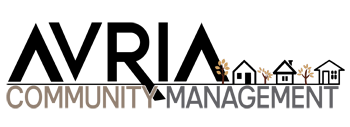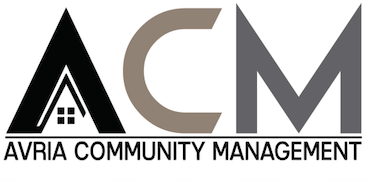A Florida Community Association Manager (CAM) plays a crucial role in the efficient functioning of community management. They are responsible for overseeing the day-to-day operations, managing finances, and ensuring compliance with governing documents and state regulations. While CAMs have a wide range of responsibilities, it is important to highlight that there are certain tasks that should never be undertaken without the direction and approval of the board of directors. This post will outline the roles of a Florida CAM, with a specific focus on tasks that require board direction.

Responsibilities of a Florida Community Association Manager
A CAM’s primary responsibility is to act as a liaison between the board of directors and the homeowners. They are responsible for implementing the decisions made by the board and ensuring that the community’s needs are met. Some of the key roles of a CAM include:
Financial Management: CAMs are responsible for managing the association’s finances, including budgeting, collecting assessments, and paying bills. They work closely with the board to develop an annual budget and ensure that expenses are within the approved budget.
Maintenance and Repairs: CAMs oversee the maintenance and repair of common areas within the community. They coordinate with vendors, obtain bids for projects, and ensure that work is completed to a high standard.
Enforcement of Rules and Regulations: CAMs are responsible for enforcing the community’s rules and regulations. They address violations, issue warnings, and work with homeowners to resolve any issues or disputes.
Communication: CAMs serve as the primary point of contact for homeowners. They communicate important information, such as meeting notices, newsletters, and updates on community projects.
Record-Keeping: CAMs maintain accurate records of the association’s financial transactions, meeting minutes, and correspondence. They ensure that all records are properly organized and easily accessible.
Tasks Requiring Board Direction IN COMMUNITY MANAGEMENT
While CAMs have a significant amount of authority and decision-making power in terms of community management, there are certain tasks that should never be undertaken without the direction and approval of the board of directors. These tasks include:
Waiving Late Fees: CAMs should never waive late fees without the board’s approval. Late fees are an important source of revenue for the association and should only be waived under specific circumstances as outlined in the governing documents.
Issuing Payments: CAMs should never issue payments without the board’s approval. This includes payments to vendors, contractors, and service providers. The board must review and authorize all payments to ensure they are in line with the association’s budget and contractual obligations.
Amending Governing Documents: CAMs should never make changes to the association’s governing documents without the board’s approval. Any amendments to the governing documents should be carefully reviewed and approved by the board and, in some cases, by the homeowners as well.
Entering into Contracts: CAMs should never enter into contracts on behalf of the association without the board’s approval. Contracts, such as those with vendors or service providers, should be reviewed and approved by the board to ensure they are in the best interest of the association.
Implementing Special Assessments: CAMs should never implement special assessments without the board’s approval. Special assessments are additional fees levied on homeowners to cover unexpected expenses or capital improvements. The board must carefully consider and approve any special assessments before they are implemented.
Conclusion
A Florida Community Association Manager plays a vital role in the successful operation of community management. While CAMs have a wide range of responsibilities, it is important to emphasize that certain tasks should never be undertaken without the direction and approval of the board of directors. These tasks include waiving late fees, issuing payments, amending governing documents, entering into contracts, and implementing special assessments. By working closely with the board and following proper procedures, CAMs can ensure the smooth functioning and financial stability of the community association.







